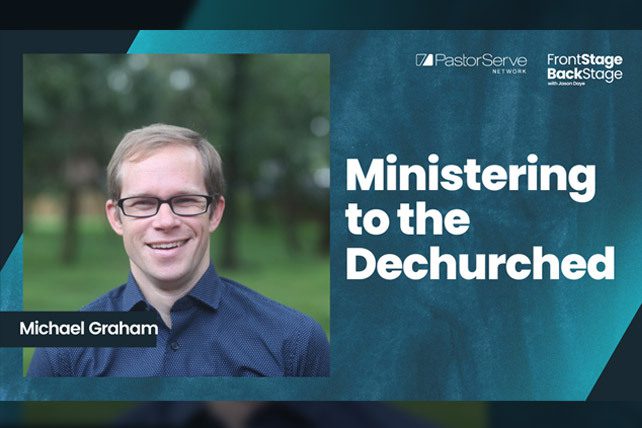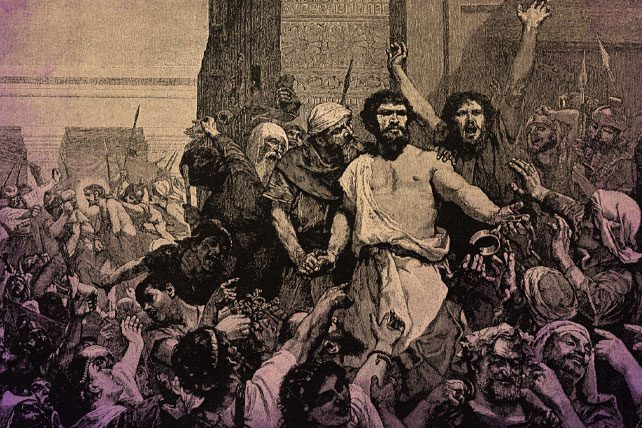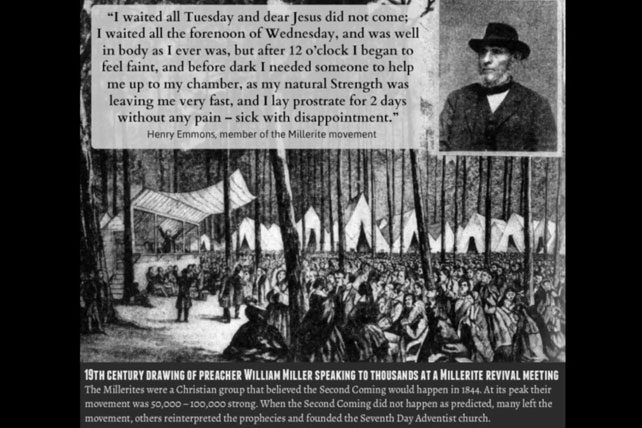The Bible is central in the lives of many families, but making it accessible to children can be challenging. After all, the Bible was written thousands of years ago and contains language that can be difficult for many adults to interpret, let alone kids. However, there are many ways that parents can teach the Bible in a manner that appeals to kids and helps them understand key lessons that can enhance their lives at any age. Here, we’ll explore a few tips and Christian activities that parents can use to successfully share the Bible with their children.
Act Out Bible Stories
Parents can help bring Bible stories to life by encouraging kids to act them out. Many children participate in nativity plays each year around Christmas time, but that’s not the only Bible story that lends itself to acting. Consider performing scenes from stories like Jonah and the Whale or the parting of the Red Sea. Putting on skits and plays is fun, of course, but acting these passages out will create strong impressions in the minds of children, impressions that are likely to last for a lifetime.
Use Helper Tools
When reading Bible passages, it’s extremely helpful to have useful props on hand. For instance, the Bible lists many strange-sounding places to children. These places are unlikely to have any context for kids. Use a globe or atlas to show children where places like Jerusalem and the Dead Sea exist–still exist. Parents can use other tools like images in order to show kids what items discussed in the Bible look like. What’s a manger? What is frankincense and myrrh? Images can excite the learning process and provide kids with the full context they need to better understand what they are learning.
Link Passages to Films and Documentaries
There are many fun animated Bible films for families to enjoy together. After reading a Bible passage, it can be a fun activity to watch a film together. As children age, you may wish to move into documentaries or more mature films that discuss Biblical history or depict stories from the Bible. For instance, the 1957 film The Ten Commandments was nominated for Best Picture for the year and won several awards, including the Academy Award for Best Visual Effects. Films can help children more easily visual the Bible verses and passages they study.
Crafts and Bible Study
Another way to enhance Bible discussions and learning is to introduce a craft to your Bible study sessions from time to time. Kids tend to love arts and crafts. Although it’s important to discuss Bible verses and even memorize many of them, crafts can add another dimension to the learning process. From making star-shaped ornaments out of salt dough for the Christmas tree to making beaded cross necklaces, crafts can be adapted to kids ages and skill levels. Crafts are activities the whole family can take part in.
Studying the Bible together and discussing it with modern relevance can help you bring the Bible to the forefront of your kid’s lives. The messages contained in the Bible can guide your kids, so finding ways to create powerful connections between these messages and your children is crucial. Use these tips to help you teach the Bible to your children and to enjoy quality time together.
This article originally appeared here and is used by permission.









 You know that feeling when you’re knee-deep in pastoral duties, and burnout is knocking at the door? Yeah, it’s rough. But guess what? There’s a silver lining in all of it—emotional intelligence.
You know that feeling when you’re knee-deep in pastoral duties, and burnout is knocking at the door? Yeah, it’s rough. But guess what? There’s a silver lining in all of it—emotional intelligence.

















